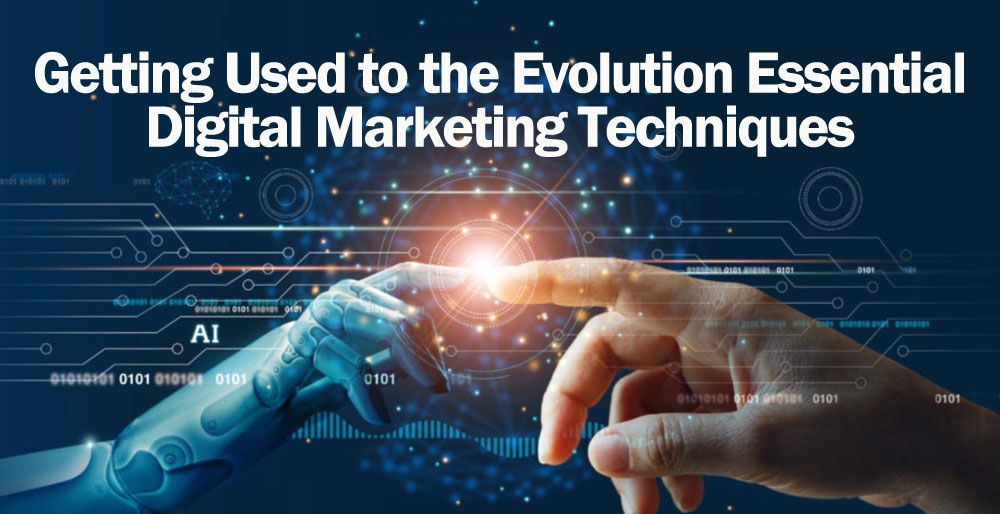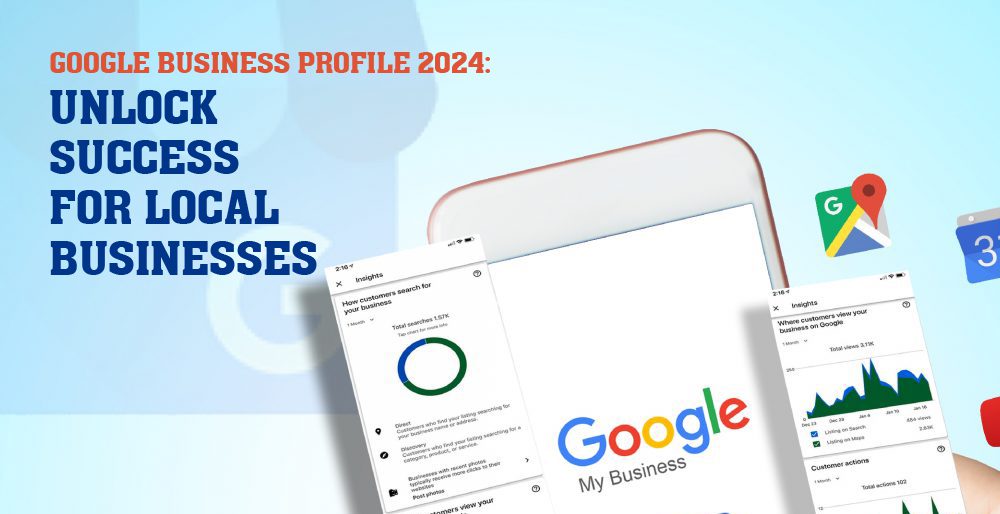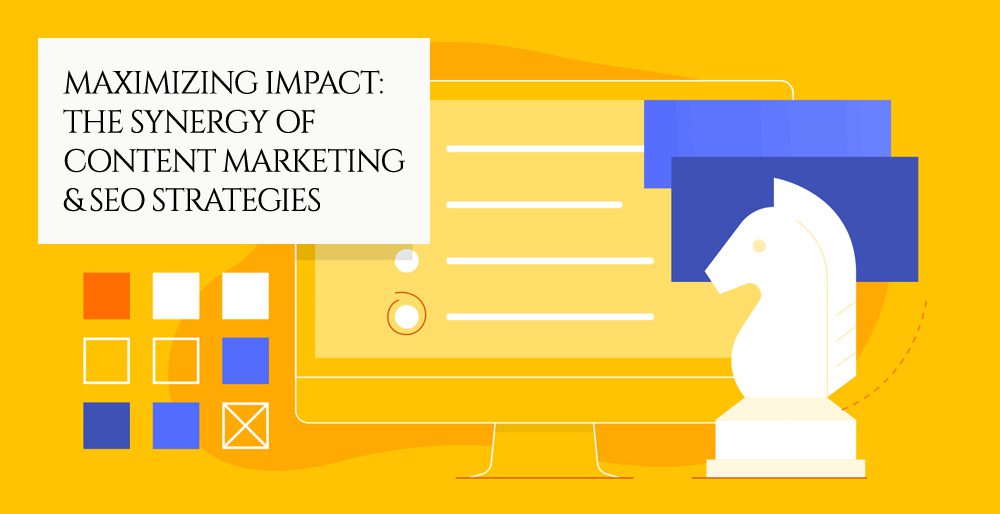
Dive deep into the critical role of Content Management Systems (CMS) in shaping your website’s SEO success. Our guide explores how different CMS platforms influence search rankings, offering insights and tips for selecting a CMS that boosts visibility and drives traffic. Ideal for webmasters and marketers seeking to leverage their CMS for better SEO.
This question is a much-debated one for Content Managers, Content Marketers, users, etc. It was raised in one of the Ask Google-bot series episodes on Youtube. Content curators work on keyword research, link building, search ranking techniques, etc. But what matters is the search-based ranking of the content. This blog provides a detailed map for the users to understand the CMS and its factors. Keep reading till the end.
What is CMS?
CMS is the short form for Content Management System. It is a web design application that enables a user to manage the creation, presentation, and organisation of the content on a website. It allows the users to control the content on a website without requiring any web development languages, say HTML. It is a system that helps users by providing an easy-to-do method for creating, maintaining, and hosting a website from scratch.
There is a plethora of CMS available in the market. Each has its pros and cons. WordPress is a renowned CMS that is workable for millions of people around the globe. It might seem not choosing WordPress will be disadvantageous to the users. But that is not the case; a CMS must be selected after looking into the key considerations specific to the user requirements. It varies from one company to another.
DOES CMS MATTER FOR SEARCH RANKINGS?

Search engine ranking is a grundnorm for high-quality content. It is a pervasive thought that CMS matters for search rankings, and WordPress is the best CMS for ranking factors. But then, Google’s Search Advocate, John Mueller, has a different opinion on the point. He states that there is not any difference between one CMS to another for search rankings. Choosing any of the available CMS for google searches doesn’t matter. It doesn’t somewhat affect the users. Read the complete answer.
CMS IS NOT A RANKING FACTOR.
Google doesn’t see the back-end code of a web portal. But it focuses on the final results produced by the users when they search for the content. It focuses on the website product rather than the SEO practice. If a user is familiar with the CMS, then SEO functionality won’t make much difference. According to Mueller, Google doesn’t focus on any particular Content Management Systems for the website creation or the improvement of your site. Its primary focus is on the final product.
Further, he states that hand-made websites are as good as those created by WordPress, Wix, Square-space, etc. Any CMS system is not a ranking factor, nor is it superior to the other. Thus, the focus must be on the practices to reach that final product.
WHY CMS?
The Content Management System provides the following benefits to its users:
- Accessible – A CMS is a remotely available software for the users. It can be accessed anywhere by the users. Provided the device must be connected to the internet. Users can work on it from any end.
- Search Volume – A CMS works on various fronts. It generates the required SEO – based content. With its functionality, the search volume of the content is enhanced. The Google Ranking is improved with the help of CMS.
- Link building – A CMS helps in the creation of a user-friendly URL. The link creation, management, and alteration are possible with a CMS.
- Content Updates – A CMS enables the users to manage and update the content quickly. It doesn’t require waiting for the developer for such purposes. It doesn’t require a tremendous amount of time for its functionality.
- Easy to use, search and manage – A CMS has an easy-to-use search and control interface. It doesn’t require people to learn new technical software. It works like a popular search engine, Google. It has a search history more like a Google. The publication of the content is easy to do, along with the removal of the content.
- Multiple users: It can be used by various users simultaneously. CMS is user-friendly and can be managed by a couple of people. In other words, it has a multi-dimensional scope.
WHICH CMS TO OPT FOR?
There are many distinct CMS available in the market. Some of the best considered in the market are as under:
- WordPress – It is one of the most sophisticated CMS options available in the market. WordPress is appreciated for the following reasons; Robust Interface, Multi-dimensional functionality, numerous plugins, etc.
- Wix – It is famous for its user-friendly interface. It provides a clean and fabulous website within the minimum possible time limit. But still, it is not chosen by some companies due to its less functionality.
- iMetaDex- By Your site gets more traffic when you use the iMetaDexTM Solutions. The optimization of your website is immediately improved. Several search engines, such as Google, Bing, Yahoo, and others, will index you more quickly and easier. As well as that, your search results are also more customizable. Using this code, you are telling search engines what your content is and how to index it, shaping the information they display.
- HubSpot – It is a cloud-based CMS available to users. The HubSpot CMS provides the users with the management, creation and modification of the content. The content can be quickly published with a user-friendly interface.
- Joomla – It is the most straightforward CMS available in the market. The Joomla provides the learning edge to the users, provided they have to be patient. It comprises an easy-to-use and clean dashboard.
- Drupal – It is a creative and flexible CMS. It is a technological platform that is an open-source choice of most companies.
- Magento – It allows the warehouses and companies to go online and sell their stuff. Magento provides an SEO – oriented plugins to make the selling for the sites more accessible and quicker.
- Backdrop – It is part of the Drupal CMS. It provides an affordable solution to small and medium-sized organisations. It provides the primary level of CMS to its users and can be extended to many modules.
- Magnolia – The primary use of this CMS is the integration with other tools. It works with CRM systems, analytics and marketing automation tools. The essential features of Magnolia CMS are digital asset management, optimization and personalisation.
- Shopify – It is a blend of the e-commerce platform with a CMS. It protects the users. It helps the companies and businesses manage, tagging, shipping, etc., in a much easier interface.
Choosing one CMS over the other doesn’t make any difference for SEO. But according to the research, WordPress is a dominating CMS. It is available in free and paid versions to a content writer. With WordPress, a person doesn’t need any alternative search engine optimization techniques.
THINGS TO CONSIDER CHOOSING A CMS.

A CMS doesn’t matter for the search rankings in Google. But in case you are looking to opt for one, the following things must be taken into consideration for search queries:
- H1 tags, page titles, and meta descriptions: When a visitor does a keyword search, the first thing that pops up on the screen is the page’s topic. These page topics are also known as the page titles. When a search engine appears with a results page on the screen, the page titles are on your list. So, choosing a CMS will affect the tags, labels and meta descriptions of the content.
- Irrelevant and complex code: The CMS enables the users to limit the word load on the page. The extraneous code makes the page heavier and takes time to load. The CMS allows the page to load smoother with less time.
- Page templates: The object is to keep the same template for the next page. With the help of a favourable CMS, the pages are altered without any hindrance. It will enable a user to provide a uniform pattern for the content.
- Add-ons, plugins and modules: A defined CMS enables the users to create excellent content. Add-ons, plugins and modules help in the creation of an SEO-friendly website.
- URL structure: A well-established CMS enables users to create an SEO-friendly URL. For instance- WordPress and Drupal let you make an SEO-friendly URL.
- Alt Image: The results page of the search activity ends up with content. In case the content is coupled with an image, then it creates an impact on the content. Choosing a CMS that helps you add alt attributives to the image is a win. It is an existential element for a CMS.
- Canonical problems and Duplicate Content: A CMS enables users to include canonical tags. Duplicate content is copied and pasted in a changed context, which is an unfavorable practice for SEO content. A well-established CMS enables a user to knock out such types of exercises.
With the aid of Meta Sense Marketing, a user can make a fruitful decision related to the prevalent content practices. Since every CMS has its advantages and disadvantages, the best one can be chosen after taking into consideration the specific requirements of the user. After selecting a particular type of CMS, then a user must rely on the tracking of the SEO metrics on the concerned CMS.
CONCLUSION:
A CMS is a platform that creates, runs, manages, updates, etc., the content. It is often considered that CMS makes an impact on the ranking. But the truth is CMS doesn’t matter for the search rankings. A CMS can be selected based on the preferences of the companies, businesses, etc. It was revealed by the Google search Advocate, Mueller, that the end product that is visible to the visitor matters, not the method used. It is just a way to create a web page. What matters is sound-documented content, the primary focus of the research. For more information contact MetaSense Marketing.
Designing, building and implementing Award-Winning Digital Marketing Strategies.
Contact me directly at 856 873 9950 x 130
Or via email at : Support@MetaSenseMarketing.com
Check out our website, get on our list, and learn more about Digital Marketing and how MetaSense Marketing can help.
https://www.metasensemarketing.com
For more information and to schedule an appointment, CLICK HERE.
MetaSense Marketing Management Inc.
866-875-META (6382)
support@metasensemarketing.com





















